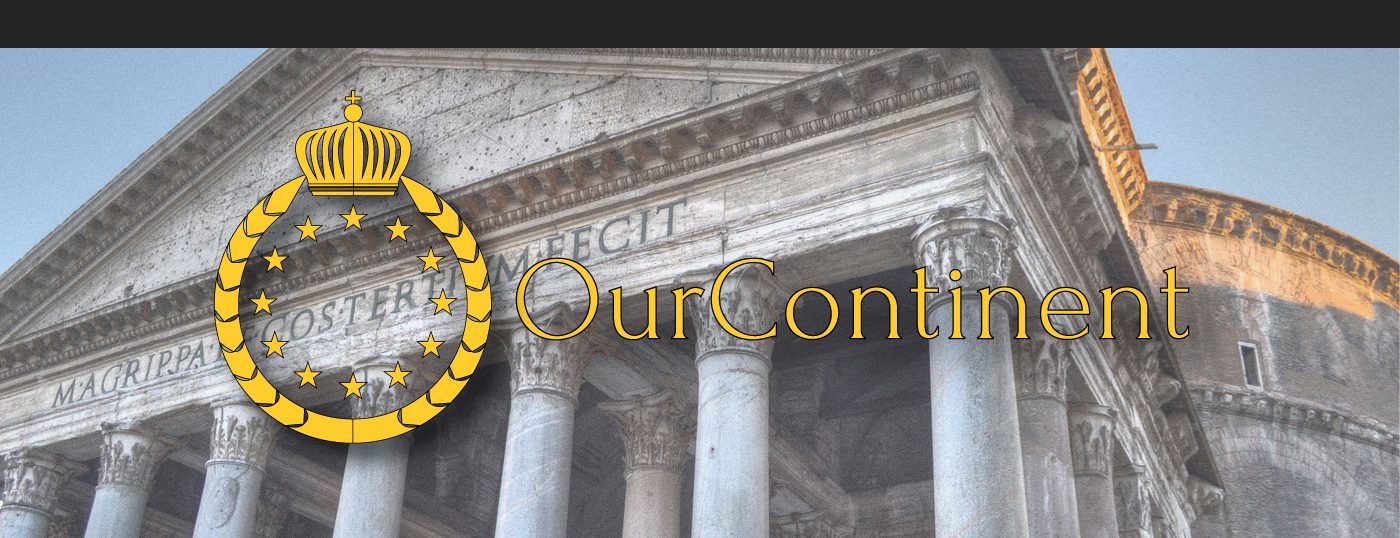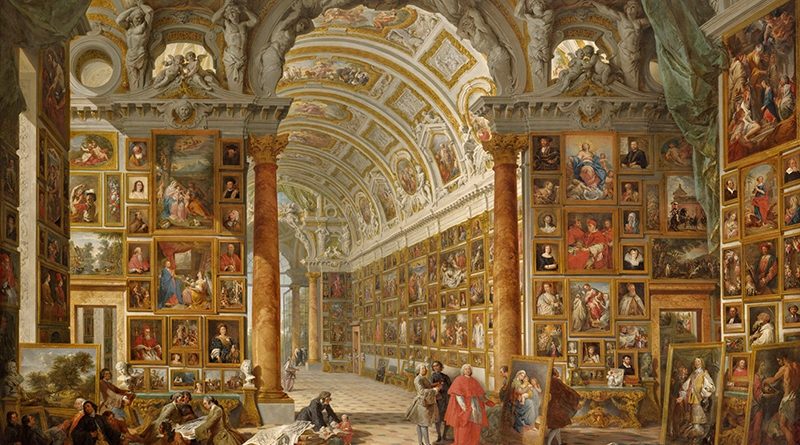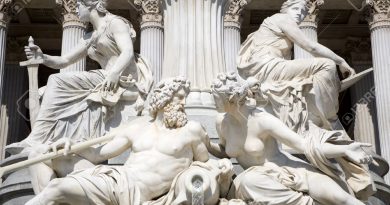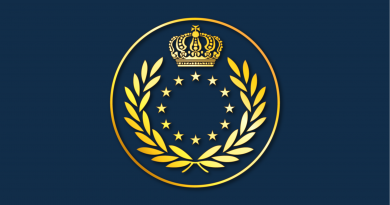European pride: who we really are
European pride: who we really are
Europeans have a difficult relation to their past. How often do we hear that because of Europe’s ruthless history, its people should approach the rest of the world with humility, that Europe owes the world its unmitigated selflessness? Many today are convinced that even the slightest hint of jubilation of European culture justifies extreme mistrust. After all, European history is full of atrocities, and surely, with the wrong attitude, we not only offend people of different cultures, we also risk repeating the evils of the past. Even the simple term ‘European pride’ is often immediately regarded with an air of condemnation, vilification and disgust. In light of their history, should Europeans not know their place? I agree. They should know their place.
Europeans should know that from about the 15th century onward, their civilization has determined the course of world history and has led the vanguard of human intellectual, technological and cultural development. At one time, almost the entire Earth was under European control and all important inventions, innovations and ideas that formed the Modern World are of European origin. Europe’s contribution to the human race is a fact that is undeniable, a fact that Europeans should never have to observe in shame. Europeans can and should be proud of the civilization they belong to. European pride is something to be celebrated, not condemned.
It is the hallmark of a great civilization to learn from the misdeeds of its past, and much of the moral and intellectual history of the 20th century has been exactly that process of learning. Critical analysis of our history and the advance of civil and scientific debate have led to a moral development that is actually a prime characteristic of European culture. Obviously, Europe will not suddenly return to the subjugation and exploitation of the past. Nevertheless, in the need for reconciliation with our past, we have entered a path of cultural repentance and lethargy. As self-criticism and introspection turned into doubt and self-punishment, we lost a sense of who we really are.

There is much at stake here. While European societies, through their freedoms, rights and laws have long been a marvel of human civilization and cohabitation, it has become abundantly clear that this is never to be taken for granted. We see an erosion of European values under influence of political violence and political correctness, and already our societies have suffered because of it. See only the cowardice of media-outlets after the terror attacks of Charlie Hebdo in not posting Muhammad cartoons or the detestable attitude of the police in the Rotherham scandal. These are obvious examples where we failed to stand up for our non-negotiable values. A lack of European pride, pride in the essence of European civilization, in what our societies stand for, lies at the heart of this unforgiveable idleness.
Furthermore, through a sort of moral confusion, we have failed to take a tough stance against the backward ideology of Radical Islam, with death and tragedy as a result. Simultaneously, we have allowed hundreds of thousands of unknown migrants from completely different cultures to illegally enter Europe, while we already have massive problems integrating previous waves of migration. Directly connected to this debility, is the rise of illiberal far-right movements that wish to destroy the peaceful unity we have built in Europe since the Second World War. The far-right is sometimes directly supported by the Russian dictatorship; a regime that is wreaking havoc at Europe’s fringes, with in the crash of the MH-17, even the death of EU citizens as a result. We have to resist against such transgressions with a strong and unwavering heart.
All the while, we stand before the challenge of staying ahead of behemoth superpowers like China and the United States. We have the potential to take on the technological, economic and intellectual leadership of the world. We need the courage and determination to revolutionize our energy supply to renewable resources, while simultaneously renewing, improving and further integrating our economies within a framework of reformed European-wide political institutions. In the twenty-first century, an age of enormous power blocs, the only way in which we can achieve true greatness, is through a united Europe. Ambitious as this all may sound, it is absolutely essential if we do not want to be retired to the backwaters of history.
There is a lot to improve, and so much to accomplish. The key to our success lies in finding pride in our achievements, our values and our way of life. In taking back European pride in history, we are reminded of who we are, what we stand for and what we are capable of, reminded of the endless potential of European civilization. If we are to once again stand at the vanguard of humanity, we need an unbreakable conviction that Europe was, is and always will be the greatest continent on Earth.
–





